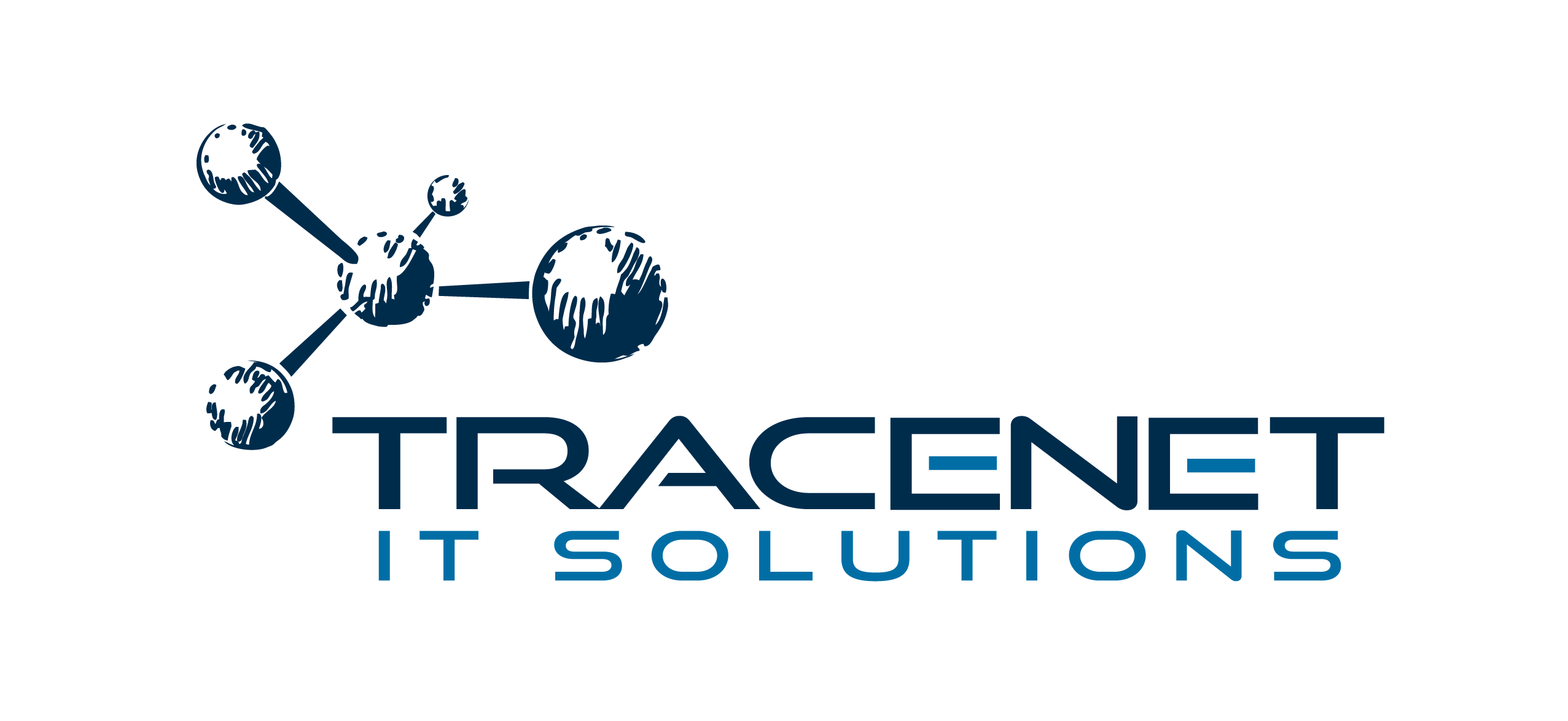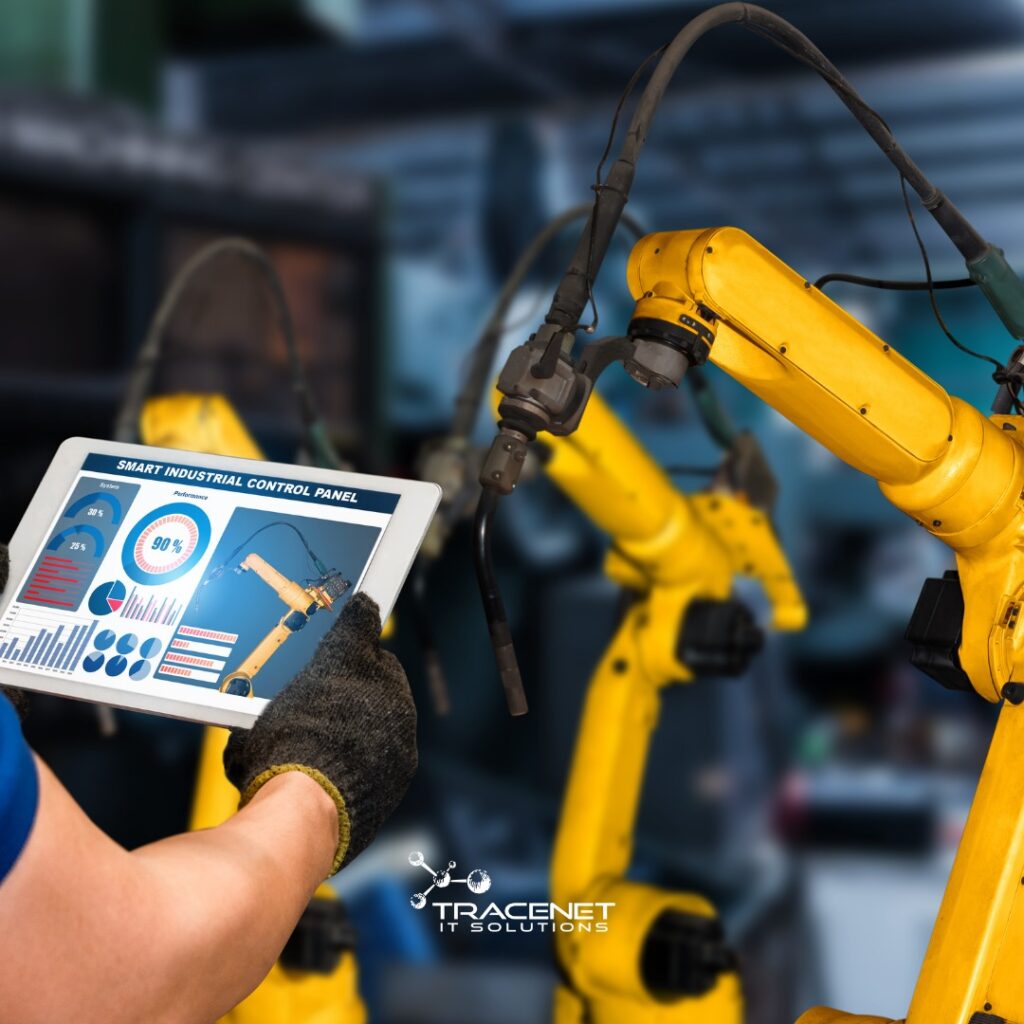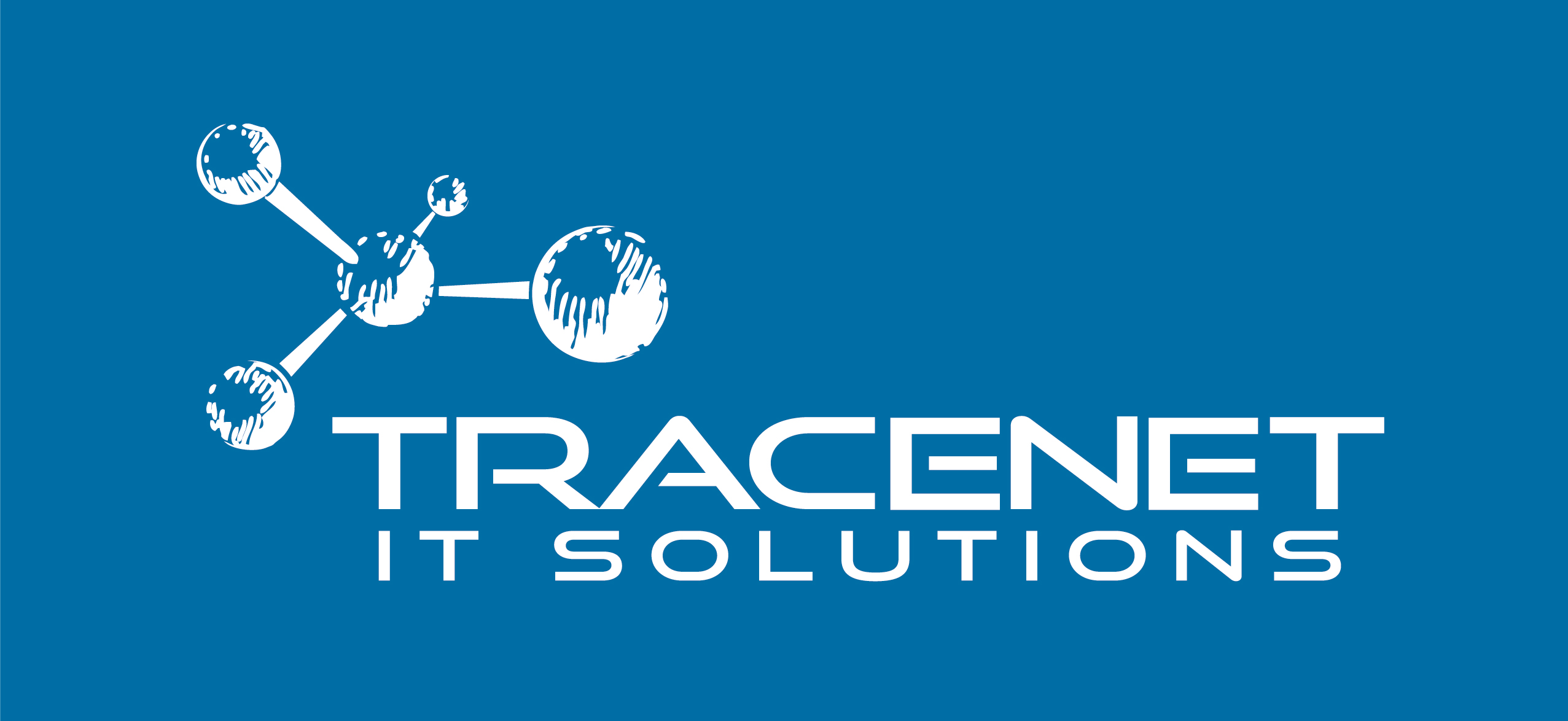Industry 4.0 has brought an unprecedented revolution to the industrial world, driven by emerging technologies that are redefining production processes and business models.
Among these technologies, the Internet of Things (IoT) stands out as an essential pillar of this transformation, connecting devices, machines and systems in a hast manner.
This integration allows for greater automation and operational efficiency and the generation of valuable insights from real-time data, promoting continuous innovation and competitiveness.
In the current scenario, companies from all sectors face the challenge of adapting to this new paradigm, where data-based decisions and the ability to respond quickly are indispensable for success.
IoT offers solutions ranging from predictive maintenance and remote monitoring to the customization of large-scale production, creating significant opportunities for reducing costs, increasing productivity and improving the customer experience.
In this article, we’ll explore how IoT is transforming industry and impacting business globally. In addition, we will present practical strategies for implementing this technology in your company, helping you to position yourself strategically in the market and reap the benefits of this new digital era.
What is IoT in Industry 4.0?
The Internet of Things (IoT) refers to the network of connected physical devices that communicate with each other and with centralized systems via the internet, continuously collecting, sharing and analyzing data.
This technology, when applied to Industry 4.0, plays a central role in the digital transformation of factories and industrial operations, providing new levels of automation, efficiency and operational intelligence.
In practice, IoT enables:
Remote monitoring
Sensors installed in machines, equipment and production lines capture real-time data on critical conditions such as temperature, pressure, vibration and performance. This information enables continuous monitoring of the operation, identifying anomalies or trends that might otherwise go unnoticed, as well as improving predictive maintenance and reducing downtime.
Systems integration
IoT connects machines, devices and management systems, creating an integrated ecosystem in which data flows automatically and transparently. This facilitates coordination between different stages of the production process, optimizing the use of resources, adjusting workflows in real time and promoting greater efficiency throughout the value chain.
Automated decision-making
The data collected by IoT devices is analyzed by advanced algorithms, allowing systems to automatically adjust production parameters such as speed, temperature or energy consumption. This intelligent automation reduces human error, minimizes waste and improves final product quality, as well as speeding up response times to changes in demand or operating conditions.
In addition, the real strength of IoT in Industry 4.0 lies in its combination with other disruptive technologies, such as:
- Big Data: to process and analyze the huge volumes of data generated.
- Artificial Intelligence (AI): to identify patterns, predict failures and optimize processes.
- Cloud computing: to store and access data in a scalable and secure way, enabling remote collaboration and more agile operations.
This technological convergence creates the basis for smart factories, where decisions are made proactively and more flexible and competitive business models can emerge.
By exploiting the potential of IoT, companies have the opportunity to drastically improve their efficiency, reduce costs and position themselves strategically in an increasingly dynamic market.
Benefits of IoT in Industry
The adoption of IoT brings several advantages to companies looking to modernize their industrial operations:
- Cost reduction: IoT helps reduce operating costs by monitoring and predicting equipment failures. This enables predictive maintenance, which is more efficient and less expensive than corrective maintenance.
- Increased productivity: with connected devices, companies can identify production bottlenecks and optimize processes in real time. What’s more, automating repetitive tasks frees up employees for higher-value activities.
- Better quality control: IoT sensors can monitor environmental conditions such as temperature and humidity, ensuring that quality standards are maintained throughout the production process.
- Innovation and new business models: IoT integration allows companies to offer innovative services, such as predictive maintenance based on data or customized solutions for customers.
Strategies for implementing IoT in your company
Before investing in IoT, it is essential to identify the problems you want to solve or the benefits you want to obtain. Some examples include:
- Reducing unplanned downtime.
- Improving product traceability.
- Increasing energy efficiency.
After that, you need to select the right devices to make the project a success. Consider factors such as:
- Compatibility with existing systems.
- Accuracy and reliability of the sensors.
- Ease of integration and maintenance.
It’s worth remembering that IoT depends on a robust infrastructure to work properly. Make sure your company has
- Fast and stable internet connections.
- Secure networks to protect sensitive data.
- Servers or cloud solutions to process and store large volumes of information.
Also, with the increasing interconnection of devices, cyber security must be a priority. Implement measures such as:
- Data encryption.
- Strict access control.
- Continuous monitoring of networks and devices.
Finally, adopting IoT requires a cultural and technical change within the organization. Invest in training to enable employees to use and manage the new technologies.
Case studies: successes with IoT in Industry
- Manufacturing: manufacturing companies use IoT to monitor equipment in real time, reducing unplanned downtime by up to 30% and increasing the overall efficiency of production lines.
- Supply chain: IoT enables greater traceability in the supply chain, ensuring faster and more accurate deliveries, as well as reducing waste.
- Energy and Utilities: companies in the energy sector use IoT to optimize energy consumption, monitor electricity grids and prevent supply interruptions.
IoT in Industry 4.0 offers incredible opportunities to improve efficiency, reduce costs and drive innovation. However, its implementation requires careful planning, investment in infrastructure and a well-trained team.
By adopting the right strategies, your company can stand out in an increasingly competitive and future-proof market.



